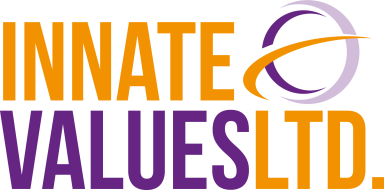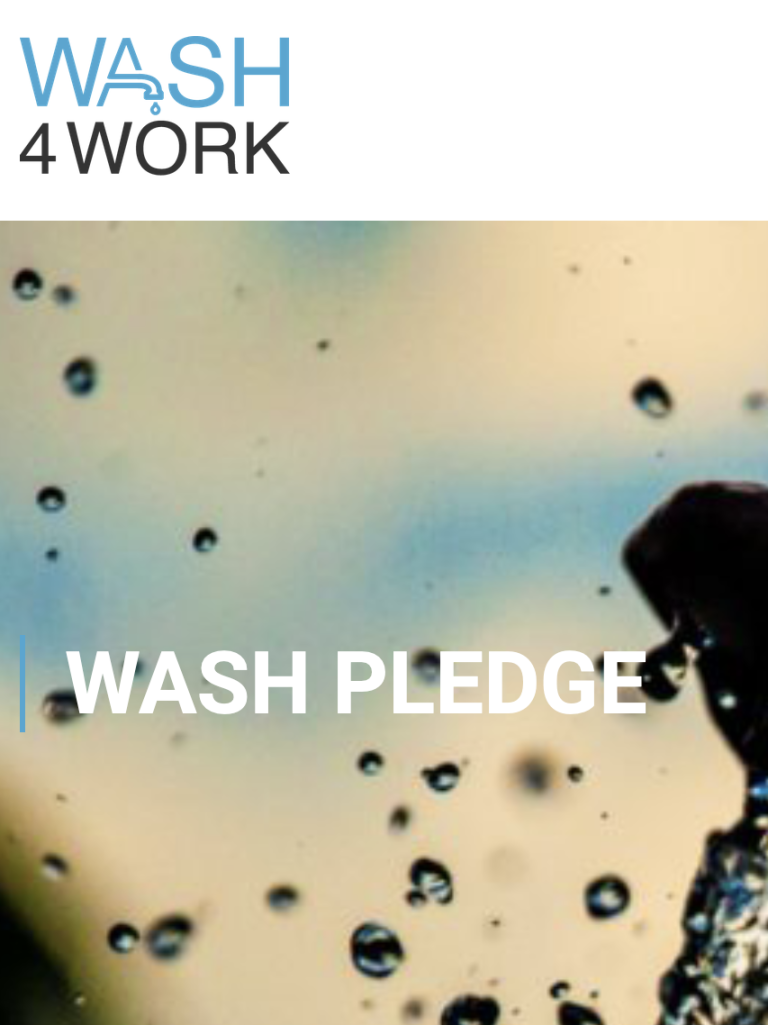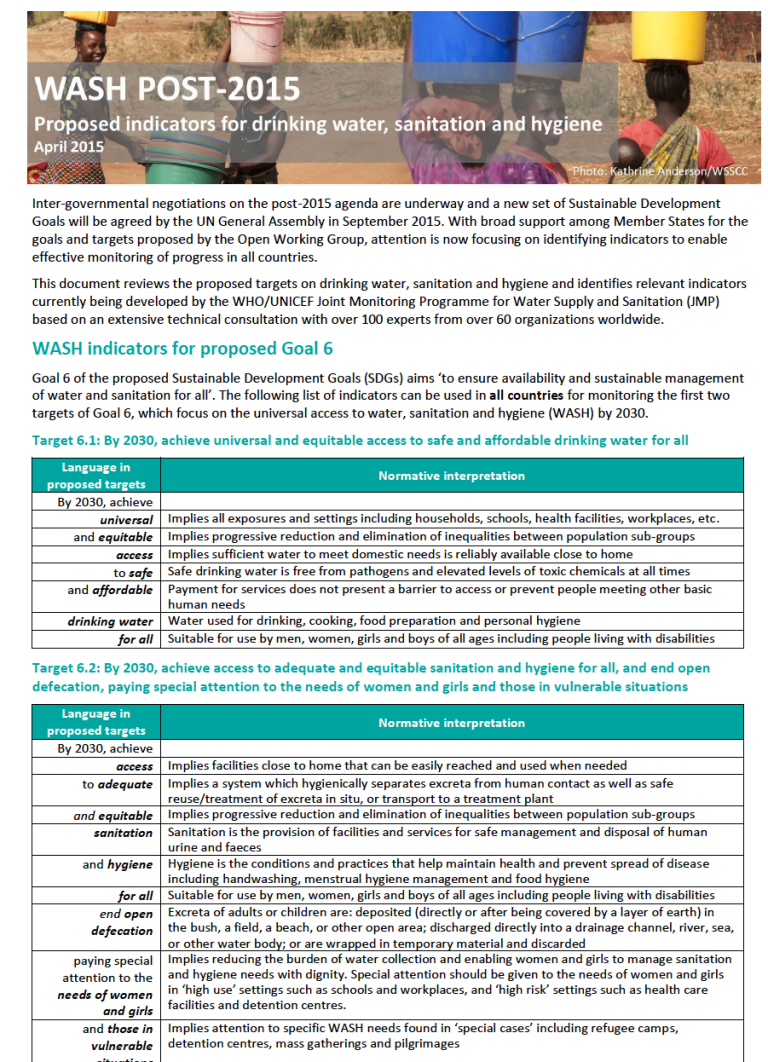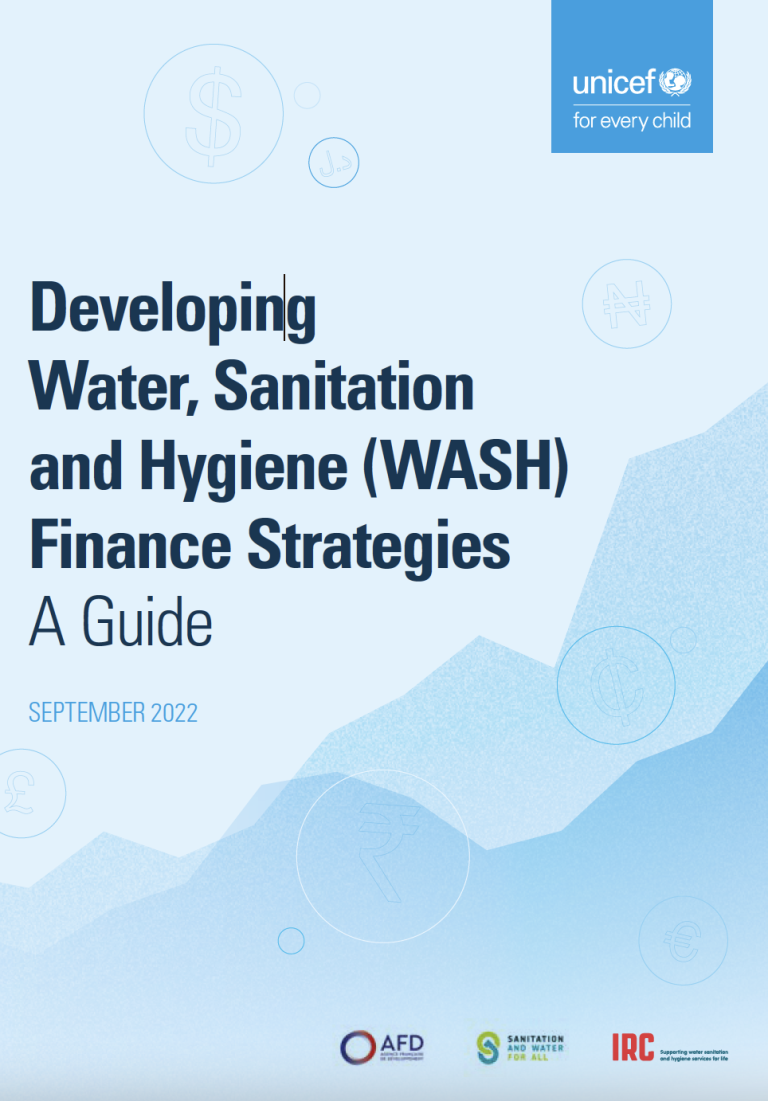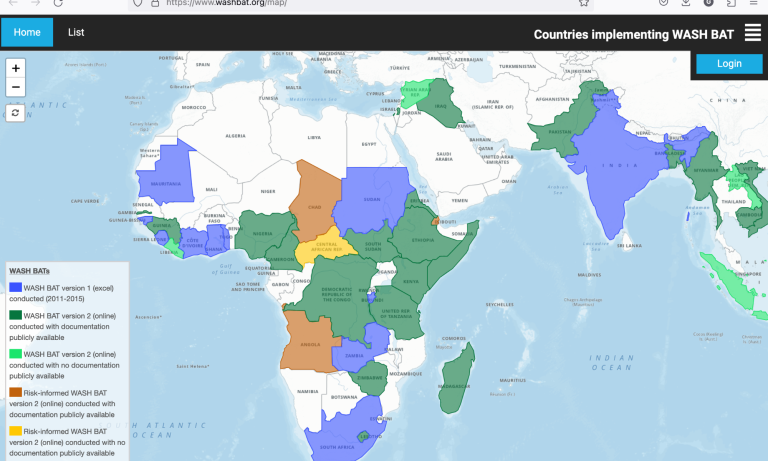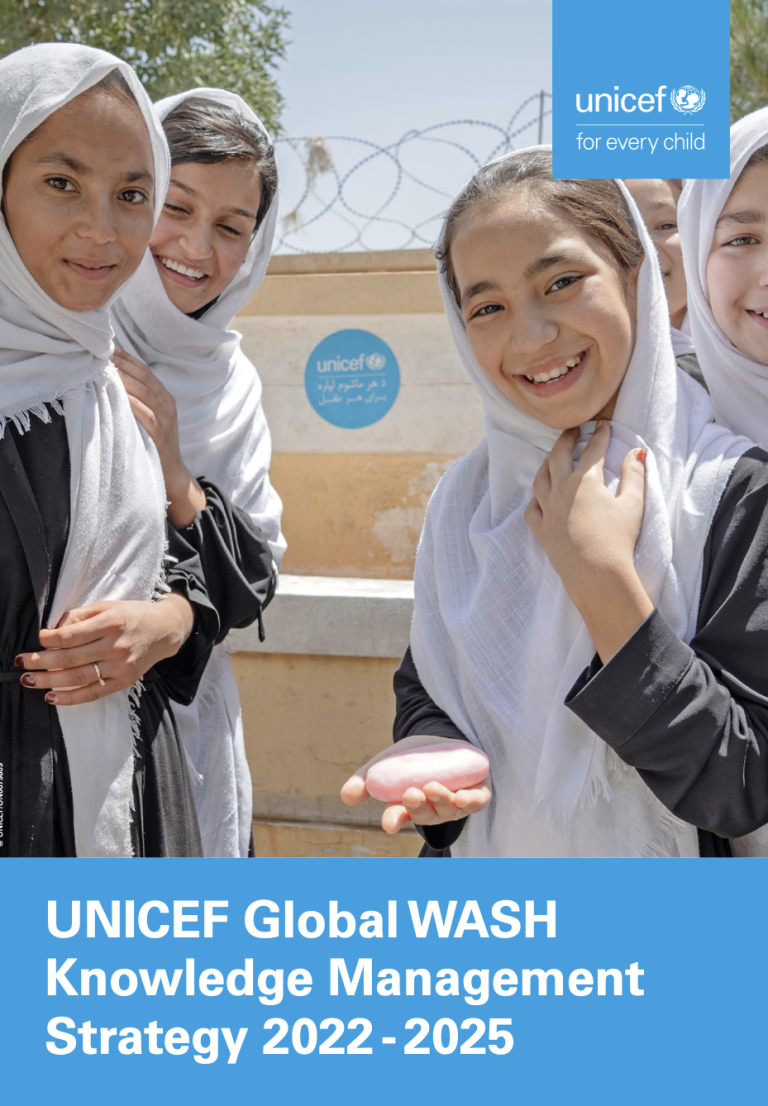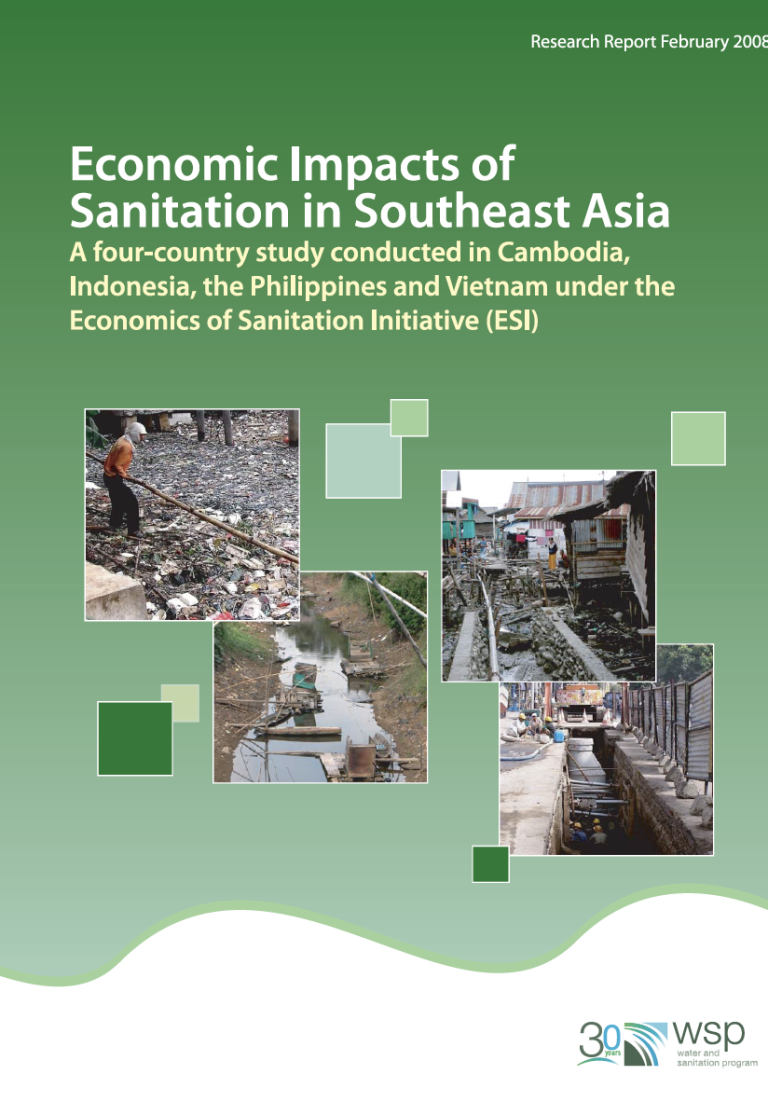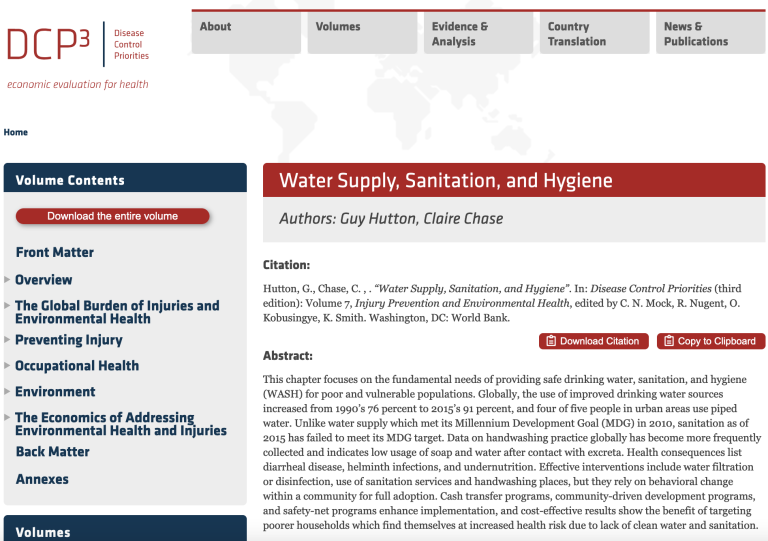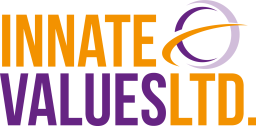With 30 years of professional experience in over 60 countries globally, Guy Hutton has a wealth of knowledge and an extensive network to draw on.
Dr. Hutton has led the conceptualization, development and implementation of research, evaluations, tools, guidelines, strategies and knowledge management, with a focus in Asia, Africa, the Middle East, and Latin America. He has overseen the adoption of evidence in advocacy, media and social media, policy and practice.
Topics of expertise include water, sanitation, hygiene, health, environmental protection and climate adaptation, covering the development – humanitarian continuum. He has authored over 170 academic papers, agency publications, book chapters and blogs.
Below are some snapshots of his work, focusing on the period 2010-2022. His most recent work is found on the 'Latest' tab.
15 years of engagement with the Sanitation and Water for All (SWA) partnership
Strengthening the evidence base and partner support for WASH financing across SWA member countries
Since 2010, Guy Hutton has:
- Provided over 50 country briefing papers on the economic arguments for WASH (2010, 2012)
- Led, with the World Bank, a paper exploring financing options (2017)
- Chaired the Systems and Finance Working Group (2020-22)
- Active member of the Country Processes Taskteam (2016-20) and the Global Monitoring and Harmonisation Taskteam (2013-17)
- Led the creation and supported the roll out of the SWA WASH SDG Costing Tool (World Bank and UNICEF) (2018-22) Link
Chairing of the Global WASH in the Workplace (WASH4WORK) Initiative to Engage the Private Sector in Achieving SDG 6
Through UNICEF, Dr Hutton provided key support to the WASH4WORK initiative in the early stages of its development, following its launch in 2016.
From 2017-19, Guy Hutton served as Chair of the WASH4WORK initiative:
- Bringing on board new corporate members
- Helping rationalise guidelines for the private sector, and updating them to account for SDG definitions
- Re-launching the updated WBCSD "WASH Pledge"
- Supporting evidence generation to 'make the case' why businesses should invest in WASH within their businesses and in communities
- Led fund-raising efforts to support WASH4WORK's workplan
Key role in the definition of the SDG Targets 6.1 and 6.2 on WASH and ongoing global monitoring
From 2011-13, Guy Hutton was hired to convene and coordinate the process for formulating post-2015 WASH indicators and global targets, for the WHO/UNICEF Joint Monitoring Programme.
In this process, five working groups were formed, covering drinking-water, sanitation, hygiene, equity, and communications. Dr Hutton was responsible for guiding the working groups and for helping formulate the proposals which were advocated and eventually led to the WASH targets being adopted within SDG 6 and other goals.
Leading the development of global guideline on how to develop a WASH finance strategy
The lack of strategic and evidence-based approach is one of the reasons why countries do not have sufficient finances for achieving their WASH goals.
In 2021-22, Guy Hutton led a consultative process to produce a multi-agency guideline on how countries can develop a WASH finance strategy.
Key to the success of a WASH finance strategy are government leadership, committed support from strategic stakeholders, a platform for policy dialogue, and resources to pay for the experts and facilitators who will help make it a reality. It can take 1 year to 18 months to develop a well-formulated strategy.
There are two main steps in the strategy development: first, estimation of the finance gap, and second, analysis of options to close the finance gap.
Leading the development and implementation of the WASH Bottleneck Analysis Tool (WASH BAT")
WASH Bottleneck Analysis has been proven to be an extremely useful tool in the identification not only of the bottlenecks limiting progress towards WASH goals, but also the identification of solutions, including specific activities and their timelines, responsible agencies, costs and financiers.
In 2011-12, Guy Hutton was the lead expert in the creation of version 1.0 (Excel) of the WASH Bottleneck Analysis Tool, which was applied in >15 countries. In 2016-17, Dr Hutton oversaw the development of Version 2.0 (online) and its roll out in over 35 new applications.
Leading the global assessment on how to monitor WASH affordability, and the response to unaffordable WASH services
The lack of monitoring on WASH expenditure by households makes it difficult to formulate a response to support households and communities that cannot meet the full costs of providing an adequate WASH service level.
In 2018-20, Guy Hutton led a consultative process of WASH agencies and experts to produce a guideline on how WASH affordability might be monitored at global and national levels. The work was carried out under the auspices of the WHO/UNICEF Joint Monitoring Programme and UN-Water GLAAS. It builds on previous work conducted by Dr Hutton with the UN Special Rapporteur in 2012-13. Report
See also: "Counting the Costs and Benefits of Equitable Wash Service Provision" Book chapter
Leading the development of the UNICEF Global WASH Knowledge Management Strategy
In a world of exponentially increasing data, research, evaluations and agency reports, it is critical to manage this knowledge efficiently in the support of programme aims. This Strategy was led by Dr Hutton, and updates the previous KM Strategy 2017-21, which Dr Hutton developed.
The Strategy details how UNICEF’s global WASH programme should strengthen knowledge management through four “pillars” (knowledge generation; knowledge customization; knowledge communication, advocacy & us; and capacity building) and four “enablers” (resources; culture; governance and technology).
From 2016-22, Dr Hutton was the global lead for knowledge management in UNICEF HQ, and was responsible for designing, reviewing and approving hundreds of knowledge products being submitted by country, regional and HQ staff. He was also responsible for overseeing capacity development of UNICEF staff, and contributed to trainings on financing, economics and systems strengthening.
Leading the World Bank's Economics of Sanitation Initiative across 4 regions and >50 countries
From 2007 to 2016, Guy Hutton was Senior Economist for the World Bank's Water and Sanitation Program (WSP), when he led country and regional studies developing the evidence base to make the case for investments in sanitation and hygiene. Following initial successes in SE Asia, similar studies were conducted in South Asia, Africa and Latin America. A second phase explored the efficiency of sanitation interventions in 6 countries of SE Asia using cost-benefit analysis.
Leading the WASH Chapter in the Disease Control Priorities Project, 3rd Edition
Guy Hutton was invited to lead the WASH Chapter in the DCP-3 project, with a special focus on compiling and interpreting economic evidence available for WASH. Key findings were also published in the International Journal of Environmental Health and Policy, and overal DCP-3 findings were published in The Lancet.
Guy Hutton has led and contributed to a range of other global and national economics work over 30 years, for example:
- Led the costing of the global WASH targets in 2016 (World Bank) Report Article
- Led the updated costing of the global sanitation target in 2020 (UNICEF) Report
- Led the India Swachh Bharat Mission economic evaluation in 2018 (UNICEF) Report Article
- Led the India Swachh Bharat Mission macroeconomic assessment in 2019 (UNICEF) Report
- Led the creation and supported the roll out of the SWA WASH SDG Costing Tool from 2018-2022 (World Bank and UNICEF) Link
- Led the investment case for the Global Taskforce for Cholera Control (GTFCC) PPT Media release
- Led the global cost-benefit analysis of water suppy and sanitation interventions in the SDG period in 2015 (World Bank, Copenhagen Consensus Center) Book chapter
- Supported the costing of WASH healthcare in the 46 least-developed countries in 2021 Article
- Supported the costing of hand hygiene interventions for the 46 least-developed countries in 2020 Article
We need your consent to load the translations
We use a third-party service to translate the website content that may collect data about your activity. Please review the details in the privacy policy and accept the service to view the translations.
